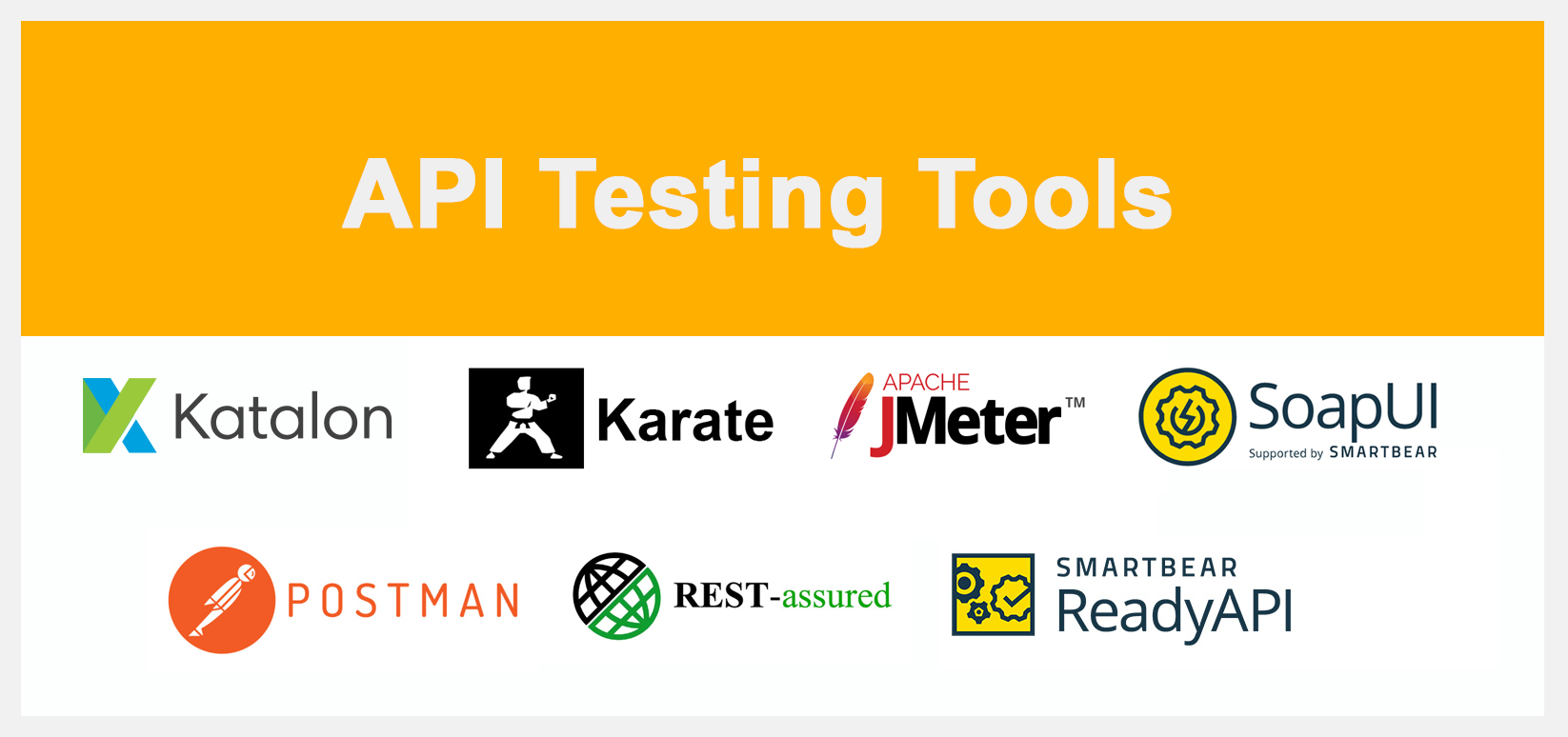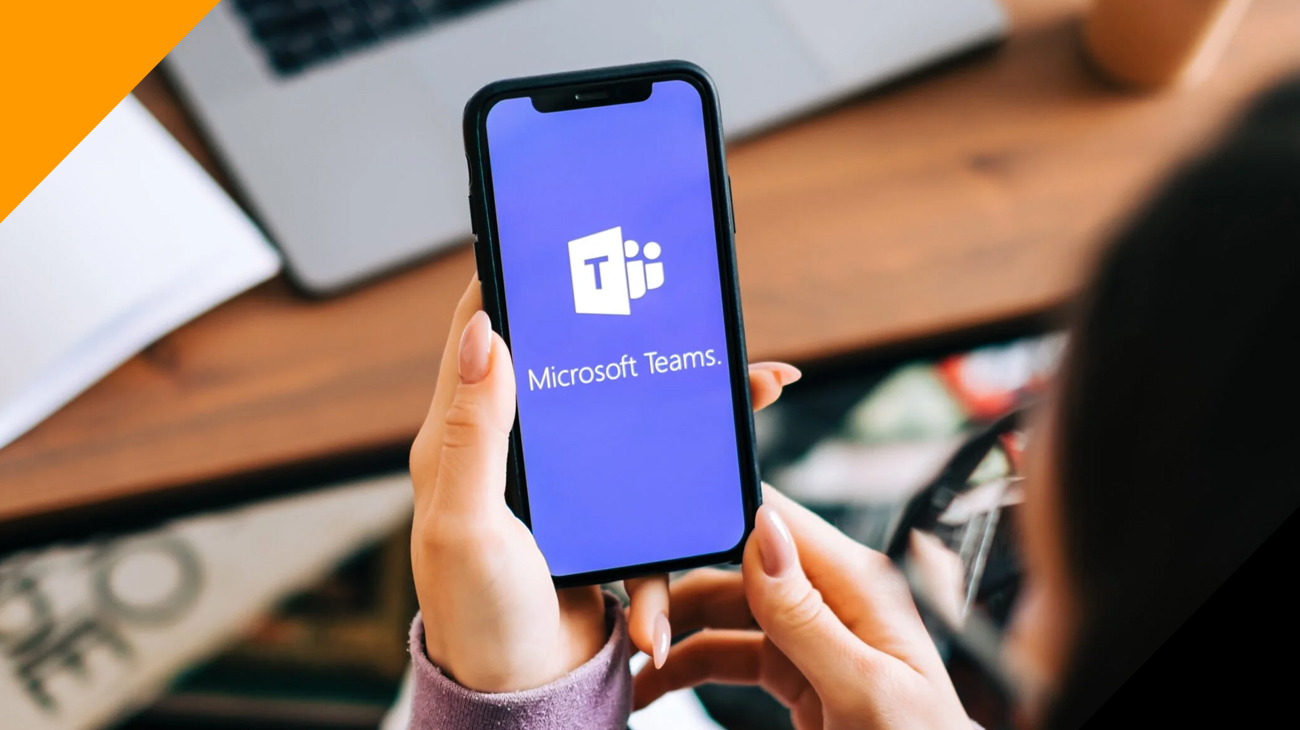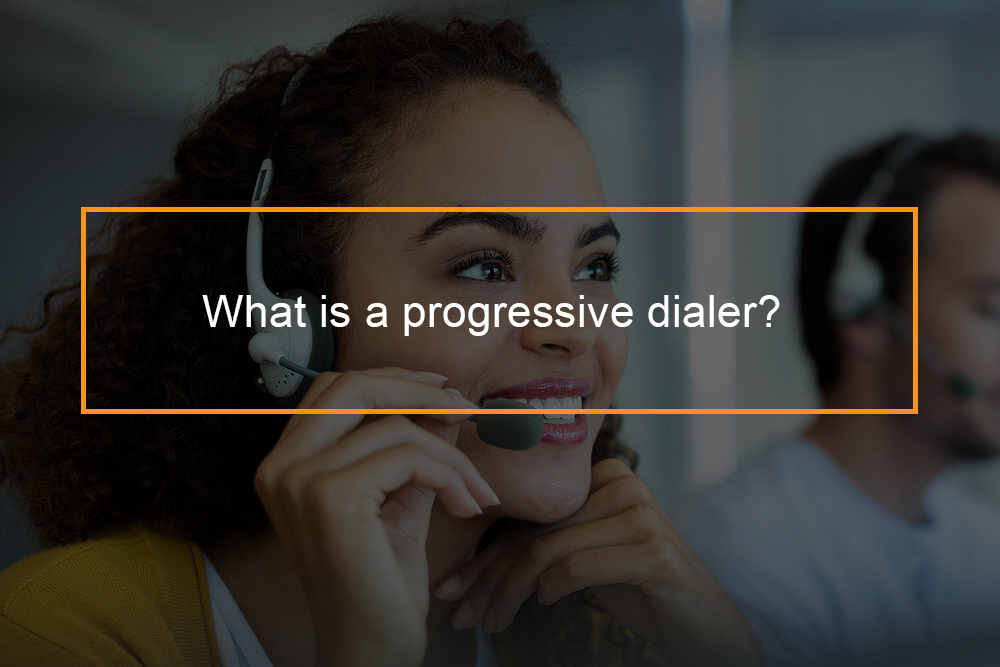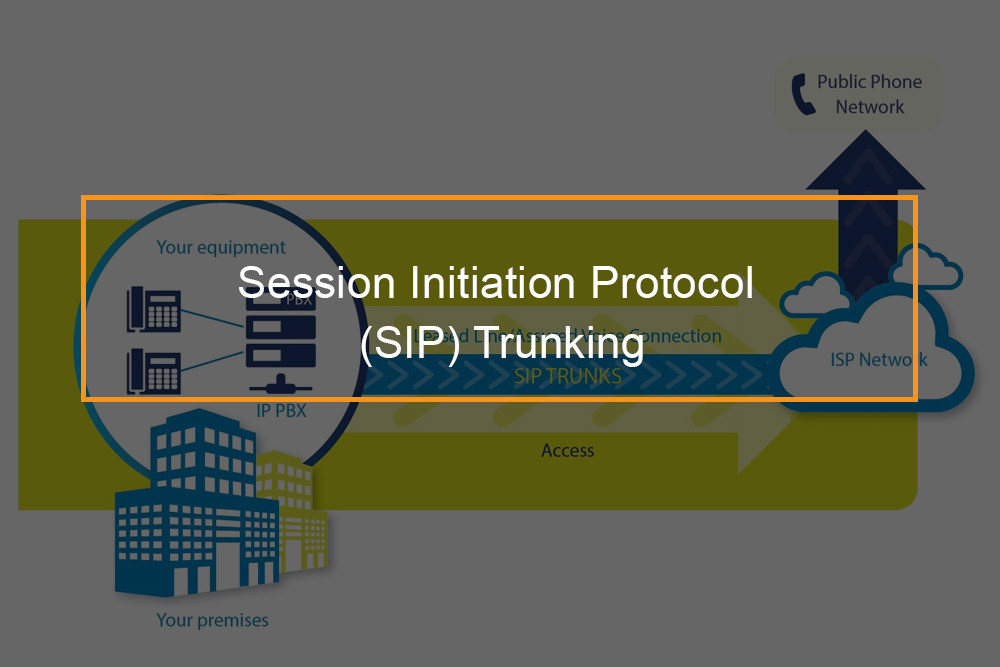Enable impactful sales conversation & level up with VoIP dialer
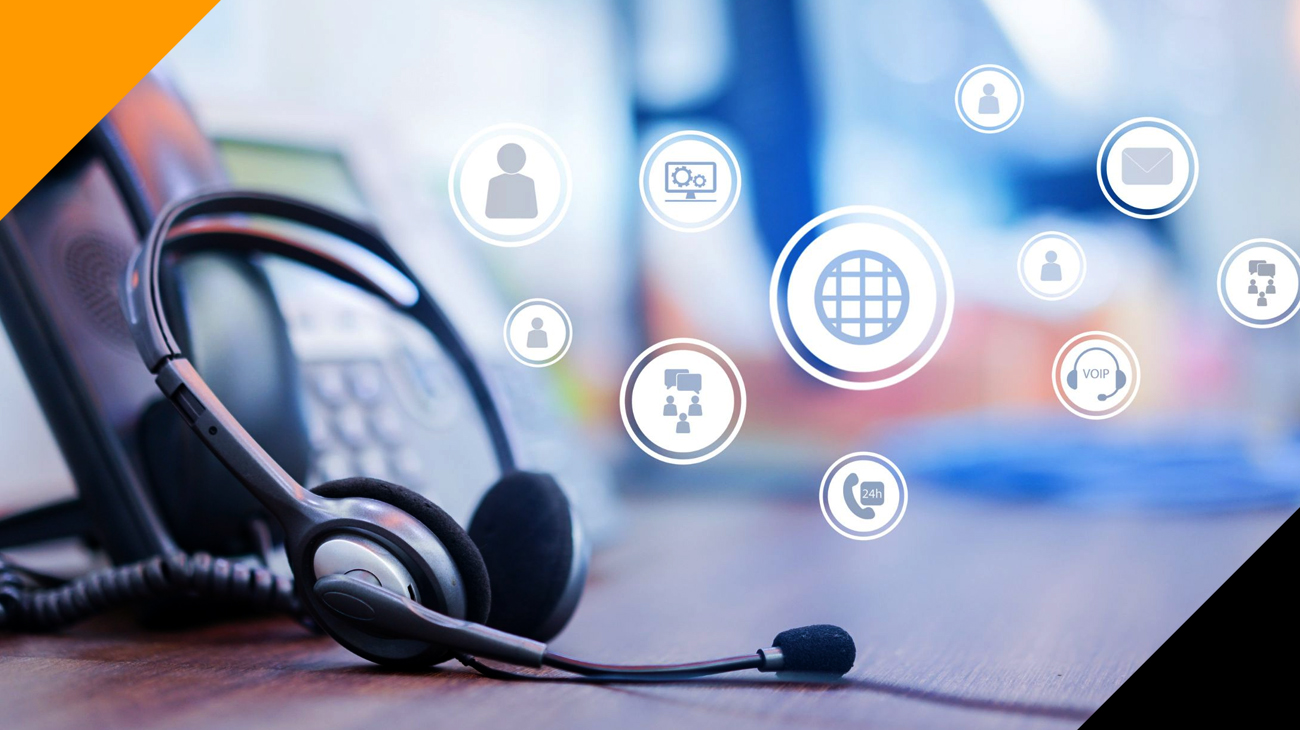
The VOIP dialer software with an edge
There’s a certain attraction for VOIP dialers. There is no need for an operator or phone line or even a phone. All call center employees require is a headset and an internet connectivity and can converse with their contacts without hassle and quickly. It means they can make dial calls from almost anywhere.
There’s a downside for VoIP-based dialers too. What is a VoIP dialer? Since calls are conducted over the Internet by an agent and the speed of connection to the internet affects the performance of the phone. Even with high speeds Other open applications on an agent’s PC could be competing for bandwidth, which can reduce the quality of connections.
Table of Contents
What is a VoIP dialer?

What is a VoIP dialer? VoIP dialer can be described as a dialer program that makes use of VoIP (Voice over Internet Protocol) to make outbound phone calls. Instead of using a traditional telephone service, VoIP dialers utilize the Internet connection as well as an VoIP service provider to eliminate the requirement for a phone line or even a mobile phone. Agents are able to utilize their web browser and headset to make cheap outbound VoIP phone calls for any location provided they have a reliable Internet connection.
VoIP dialers are an essential center element that can send and receive huge volumes of calls. In general, call centers cost a lot to run and this is why many outsource their operations while having to pay high maintenance fees. Yet, VoIP dialers automate the process, ensuring that efficiency and maintenance can be greatly improved. The employees at the call center will be connected to a large number of potential customers within a matter of minutes. VoIP dialer technology also lets individuals construct call centers with low expense.
What is a VoIP?
VoIP is a shorthand for the voice through Internet protocol. Traditional telephone systems connect users via copper wires and other devices. However, VoIP calls are transmitted via the Internet. Every part of the conversation is transmitted as a data packet to the person you’re communicating with, and then converted back into audio.
How does VoIP work?
In order to make or receive phone calls using PBX or VoIP, you don’t need to understand how the system functions in great detail. However, a good knowledge of the workings of VoIP service is beneficial.
To demonstrate VoIP technologies in practice, let’s say you’re using the VoIP solution at the moment and your favorite friend calls you. The next steps describe how the call functions.
- The person you are calling calls your number. The call is then connected with your VoIP service provider as well as its IP-based network.
- This VoIP company forwards calls to the VoIP phone via the Internet connection.
- You hear an unanswered call, and you pick up the phone. Once your friend greets you and you begin talking.
- The call progresses and every sound you hear is sent between the two parties via the IP networks. VoIP technology continuously transmits this information digitally and transforms it into audio when the call progresses.
What are the advantages and disadvantages of VoIP?
Like all technologies that are used, there are pros as well as pros and VoIP. Before you decide to make the switch to a company VoIP provider and then cancel your phone system, spend a few minutes to learn about the advantages and disadvantages.
Advantages of VoIP
Cost savings when compared with traditional telephone lines. Furthermore VoIP service providers typically offer more flexibility (e.g. you can make VoIP calls using your smartphone, PC and tablet). Another advantage of VoIP over analog phones is the speed. It is possible to set up VoIP phone systems in just a few minutes or hours, whereas enrolling for a phone analog or a mobile phone could take a lot longer.
Disadvantages of VoIP
It is essential to have a broadband connection to be able to use VoIP. Another disadvantage is the length of time needed for fully using VoIP in the event that you’re familiar with calling using traditional telephone lines. Furthermore, power interruptions could make it difficult to connect to VoIP on a PC but you can still make use of a VoIP mobile application.
Traditional phone systems have cons and pros to take into consideration. One of the main advantages of old-fashioned phone systems is the fact that they continue to function even in the event of a power failure. Furthermore analog phones do have to require any Internet connectivity to call. However the disadvantage of calling with the analog telephone is cost and absence of flexibility.
What are the Types of VoIP Dialers |
|
| Predictive dialers | These types of VoIP dialers are mainly used for mass outgoing calls, e.g., in telemarketing, market research, customer service follow-ups and debt collection. The predictive dialing process involves calling multiple numbers at once based on predicted agent availability while skipping disconnected numbers, busy signals and voicemail. |
| Power dialers | Power dialers (also known as rapid dialers) call one number per agent and ensure a call is initiated only when an agent is ready to speak. In case a number is busy, disconnected or unattended, it instantly moves to the next one from a contact list. |
| Preview dialers | A preview dialer enables agents to see detailed contact profiles, including the history of previous interactions, so they can screen through the information and decide whether to initiate the call or skip it. That allows for more personalized, context-driven interactions with customers and prospects. |
| Robo dialers | Robo dialers are capable of calling hundreds of thousands of people simultaneously without waiting for free phone lines. Once a contact picks up, it plays your pre-recorded message or connects the call to a live agent. These are mainly used for mass messaging campaigns. |
| Progressive dialers | Progressive dialers run through your calling lists and initiate the call only when an agent is done with their current call and is available to pick up the next one. A progressive dialer only connects agents to calls that are answered by a live person and only dial one number per agent. |
Frequently Asked Questions
What is a voice over IP phone number?
VoIP or Voice Over Internet Protocol or VoIP phone number allows users to make phone calls with an internet connection that is stable. Businesses depend upon VoIP phone numbers for making and receiving incoming calls. Customer service representatives cannot perform their job without VoIP technology to connect with clients and run the business.
What is a VoIP number used for?
These numbers are used to contact prospective customers and convert the leads into a steady customer base. Companies use VoIP numbers to ensure that their customer service staff are at the top of their game and let customers reach out to them in the event there is a concern or issue. They can also be used to communicate with employees within the company.
How can you tell if someone is using VoIP?
Here are a few methods to find the owner of the VoIP phone number:
- CNAM Lookup
- reverse phone lookup
- employing VoIP service provider
- using hardphone or softphone packets
- changing the setting to show caller ID
- IP address lookup
Can a regular phone call a VoIP?
It’s feasible to convert your phone to VoIP-enabled phones. This means that you can benefit from the latest VoIP systems without having to let go of the ease and comfort that your phone offers.
How do you choose the best VoIP provider?
For business owners Certain buying decisions can be crucial more than other purchases. When selecting the best VoIP supplier, keep in mind that you’ll use the system on a daily basis. So, it’s worth comparing the various VoIP providers prior to making a decision. To make it easier for you, take the following criteria for selection as a reference point.
- Reputation of the VoIP provider – Ask your family and colleagues for recommendations on the VoIP provider they prefer. Additionally, you should take time to research reviews online that discuss the advantages and disadvantages of various providers (e.g. voice quality) to help you determine your top choices.
- International calling – VoIP providers handle international calls with different methods. Some of them offer unlimited international calls to specific countries, whereas others provide international calling to many places.
- Security capabilities – When customers talk to you, they might communicate confidential information, such as the details of their payments (e.g. the number on their credit card). This is why security is a crucial element when selecting the best VoIP provider.
- Quality of service – Have ever experienced being disconnected taking a vital phone call? It’s a terribly difficult experience. Regarding service quality Pay particular focus on the quality of audio provided by the VoIP provider. Additionally, you should determine the type of customer service (e.g. telephone, email and chat) is provided by them.
- Cost – Don’t think that all monthly plans are equivalent. Certain plans may offer additional features, such as video calls, SMS and the capability to connect to the customer relations management (CRM) system.

